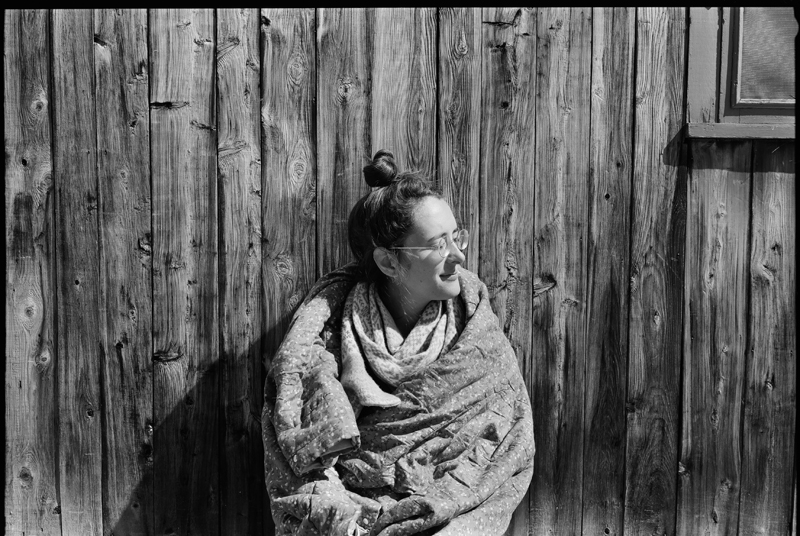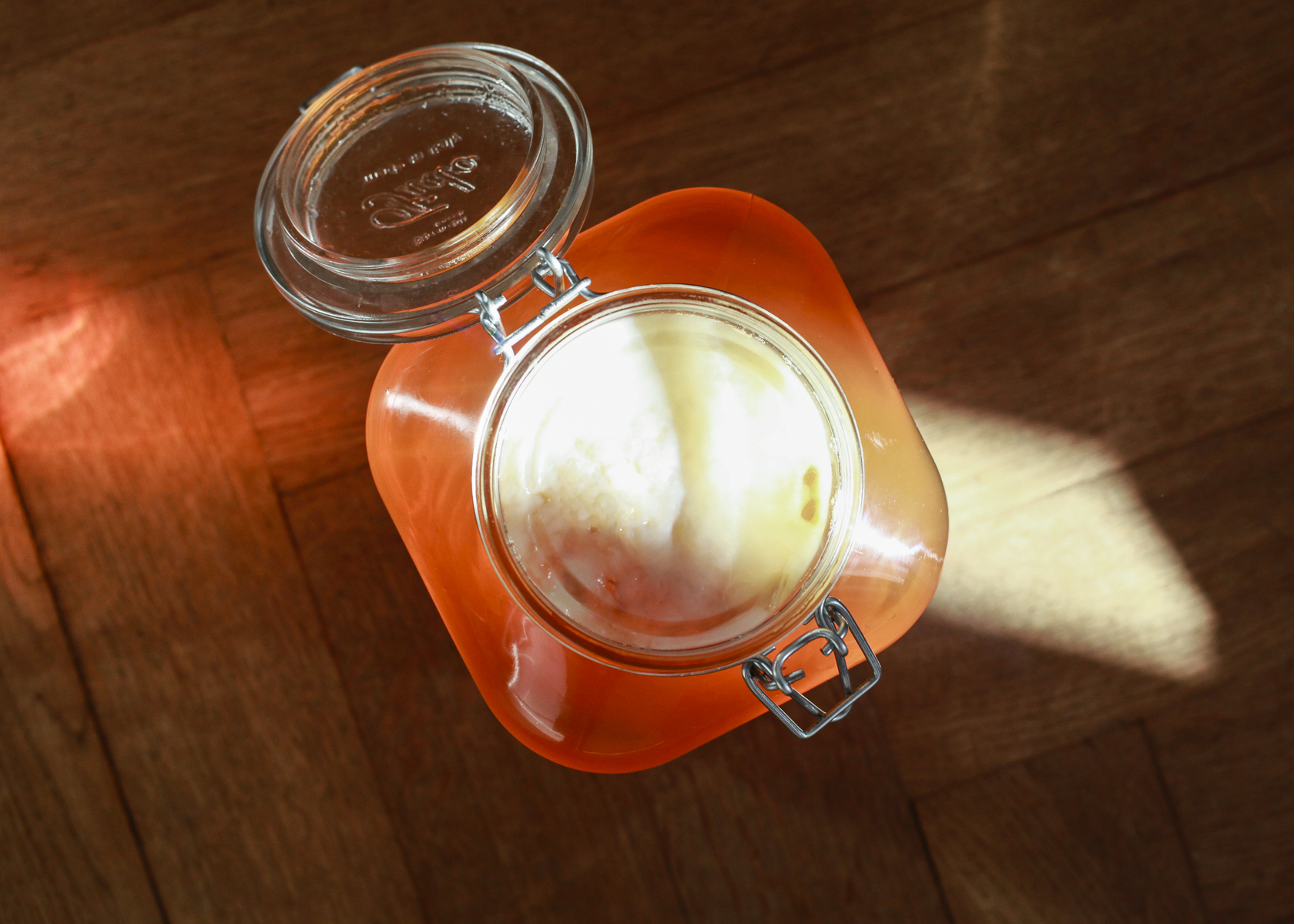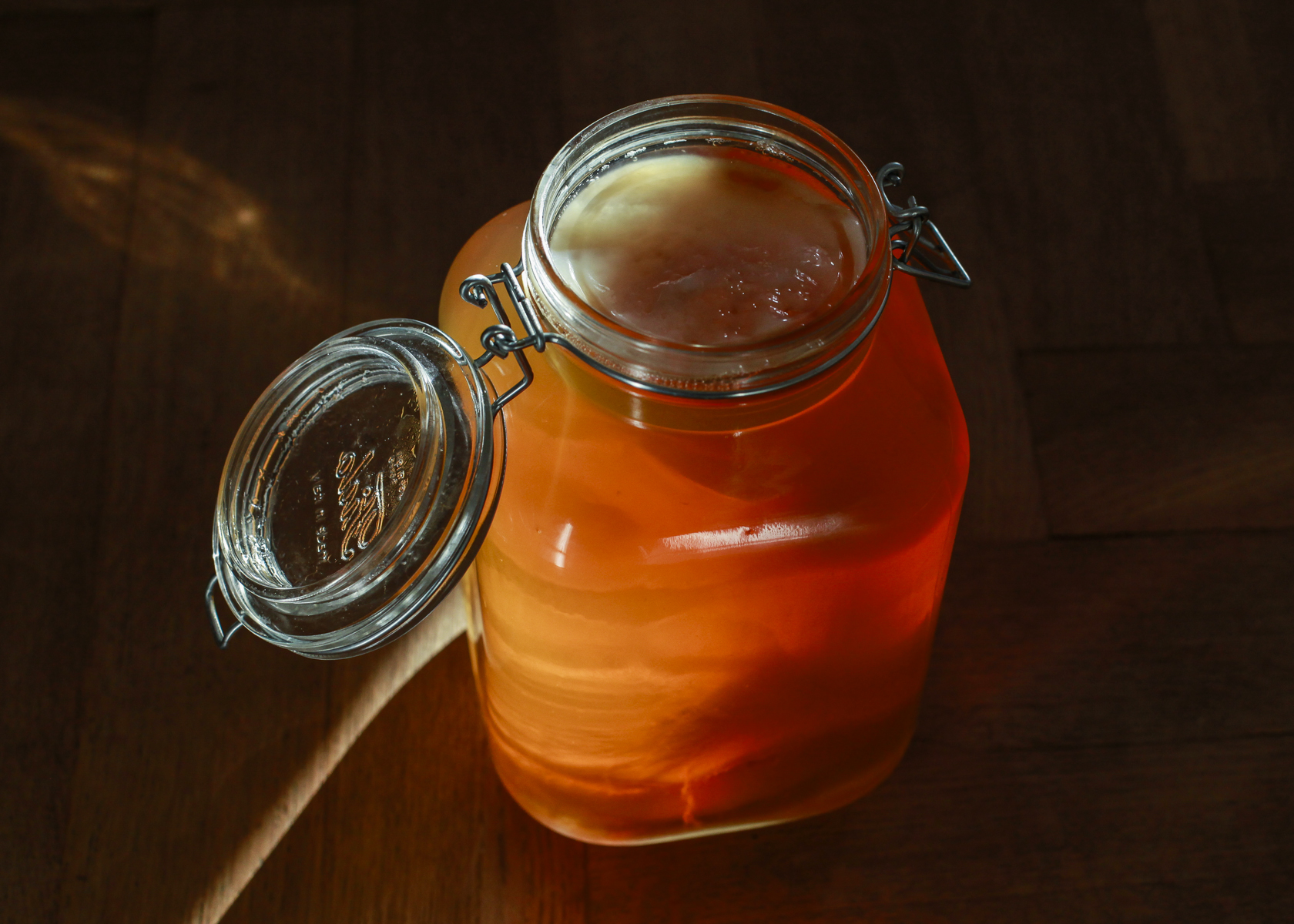Note: This a longer post so to break up the information I’m including some sweet photos Lu took in Quebec in April, when the weather alternated between sixty degrees and sunny to below freezing and snowing.
Lately, I’ve been thinking a lot about the word holistic; what it means for others, what it has come to mean for me.
When I tell people I’m a nutritionist, they usually say something along the lines of, “Oh, like a dietician?”
I explain that, no, I’m a holistic nutritionist and this typically leads into a discussion about that word.
I was groomed for this banter; in fact, it was even a topic in my curriculum . As we were preparing to graduate, we started talking about elevator speeches, how to explain what you do, as the word holistic often gives folks pause.
So what does holistic mean?
In short, considering everything, all at once. Erasing dividing line between body, mind, spirit, considering body systems as a whole, a network, unearthing root cause, not just supplanting symptom.
At least, that’s what I was taught to say.
These days, I find myself becoming less and less inclined to introduce myself as a holistic nutritionist, to get into the conversation about this word, this word which I still believe in w/ all my heart, this word which no longer feels accurate to describe what I was taught, what it is I’ve been doing.
Nutrition is essential; it’s the sturdy ground on which we can plant our feet, walk the spiral path toward healing not only ourselves but also our families, our community, our Earth.
Its worth is immeasurable; having access to whole nutrition, whole, healing foods is a blessing, is what builds bone, blood, muscle, fingernail, eyelash, seemingly everything on the physical plane.
But, for me, the way nutrition has been decoded lately–as panacea for all that ails, as exclusionary dogma, as marker for identity (#vegan, #paleo, #rawfruitarian)–feels much closer to an allopathic (what we usually call “Western” or “modern”) perspective than a holistic one.
Take, for example, gluten: Feeling tired? Aches and pains? Eliminate gluten and your health will be restored! Substitute gluten with dairy, or animal foods, or cooked foods, and, well, you get the picture.
Those lines between body, mind, spirit, emotion are often drawn with strokes as broad as those in allopathy; take this pill to heal, eliminate this food to heal. For me, it runs contrary to the definition of holistic thinking.
For me, holistic thinking should include not just physical body, but subtle bodies, energy body, emotional body; a point which many traditional healing practices have always emphasized (think of the way in Traditional Chinese Medicine, all organs correspond to an emotion; lungs w/ grief, heart w/ love, kidneys w/ fear), a point which, I believe, as a nutritionist, I’ve been missing.
What to say once someone has incorporated all those nourishing foods into their diet, but their arms still weep w/ eczema, their joints still ache, the same health issues that have always seemed to be there are still there?
What have I been overlooking?
The ACE Study, Connecting Emotion to Disease
Recently, there have been many scientific studies circulating that support the importance of a holistic model of healing.
Namely, I’m referring to the Adverse Childhood Experiences (ACE) study, which has found a direct correlation between emotional trauma in childhood and disease in adulthood.
This, my friends, is huge.
We’ve all experienced how strong emotions can cause a physical reaction: the more minor examples of blushing or crying, the more major ones of stress, fear, panic, the times when our nervous system switches to the sympathetic mode or fight or flight. Maybe our heart starts to race, our limbs start to tingle, our mouth goes dry; maybe the reaction is more extreme and we go into panic-mode, our vision blurs, time seems to slow, we feel like we could faint and maybe we even do.
Fight or flight is our body’s way of protecting ourselves. We can think of it like flipping on a switch. Our system flushes with chemicals and hormones to help us defeat or outrun whatever danger we’ve come across.
But what if the danger is rush-hour traffic, brunch at your in-law’s place, a spilled glass of wine on a friend’s white couch or one of the many other little stresses that happen everyday?
A healthy nervous system knows how to regulate itself–when to flip the switch and when, and how, to flip it back “off” (or back to the parasympathetic mode, rest and digest).
But what about the folks w/ nervous systems that seem to have forgotten how to do this, this self-regulating thing?
Most likely those folks grew up exposed to daily adversity in their household–an unpredictable parent, or a parent who disappeared, or a parent who was abusive; in circumstances dangerous to their emotional development and thus in circumstances where the fight or flight response, the flip was constantly being switched on.
The chemicals and hormones released during fight or flight are inflammatory. And, apparently, the more a developing nervous system is exposed to these chemicals, the harder it becomes to turn the stress response off. When constantly circulated, stress hormones start to release chemical markers called methyl groups which actually attach to and alter our DNA.
What this means is that emotions that come with constant exposure to adversity, emotions like fear, grief, abandonment, shame, can actually alter our genes and make us more prone to chronic disease years after we experienced them. The idea in traditional forms of medicine that emotions can get stuck, can cause blockages is more than just metaphor–it’s happening in a very physical, tangible way.
Researchers Vincent J. Felitti and Robert Anda are the founders of the ACE study. There’s a wonderfully thorough essay on Aeon, “Childhood, disrupted: Adversity in childhood can create long-lasting scars, damaging our cells and our DNA, and making us sick as adults” by Donna Jackson Nakazawa that describes the study and all its manifold implications, but, to summarize, it consists of 10 questions to determine what your ACE number is (1-10), to what extent you were exposed to adversity in childhood.
Their findings are revolutionary.
The correlation between higher ACE numbers and higher incidences of disease (including diseases that allopathic medicine formerly had no real insight into: chronic depression, chronic fatigue syndrome, irritable bowel) was huge.
Nakazawa writes, “Adults who faced early life stress show greater erosion in what are known as telomeres – protective caps that sit on the ends of DNA strands to keep the DNA healthy and intact. As telomeres erode, we’re more likely to develop disease, and we age faster; as our telomeres age and expire, our cells expire and so, eventually, do we.”
Those studied w/ chronic illness did not typically exhibit any other risk factors (smoking, obesity, poverty [b/c, unfortunately, this is a very real health risk-factor]); what they had in common was constant childhood exposure to traumatic emotions, to stress.
Trauma hits us at a cellular level. Those cells replicate to create new cells, that information is passed down, that trauma stays.
Felitti tells Nakazawa, “Time does not heal all wounds. One does not “just get over” something – not even 50 years later. Time conceals. And human beings convert traumatic emotional experiences in childhood into organic disease later in life.”
Holistic Thinking
Now this isn’t meant to diminish the importance of whole nutrition; I’ve seen first-hand the magick of building a diet based on nourishing, traditional foods.
This is meant to shed some more light on the path toward healing, thinking about healing in a holistic way.
Let’s be clear: This is an explanation for some of us, for some of our unexplained aches and pains.
This is not more dogma and this is especially not condemning those of us who have experienced childhood adversity to an adult lifetime of disease, either.
Our brains, our bodies, ourselves, we’re flexible, we move, we shift, we spiral. We can create new neurons, new cells, new patterns. Research has shown that meditation and mindfulness are two ways to do that. Cognitive therapy is another.
I imagine that plants are another way to release and shift trauma, to reprogram our stress response, reweave broken connections, help what is stuck get unstuck.
It’s been 2 years since I started this blog, 2 years since I finished my studies in holistic nutrition. I find myself being drawn more and more toward plant magick these days, the healing qualities of herbs, the holistic perspective. Thank you for walking with me, dear reader, along this spiral path and here’s to more healing, more light shed upon all aspects of self.
Resources
I want to share a few resources on mindful self-compassion that have been particularly useful to me.
Christopher K. Germer’s book The Mindful Path to Self-Compassion
Dr. Kristen Neff’s website self-compassion.org
These exercises found on the mindful self-compassion center’s website
If you have any other resources please share them in the comments below!




